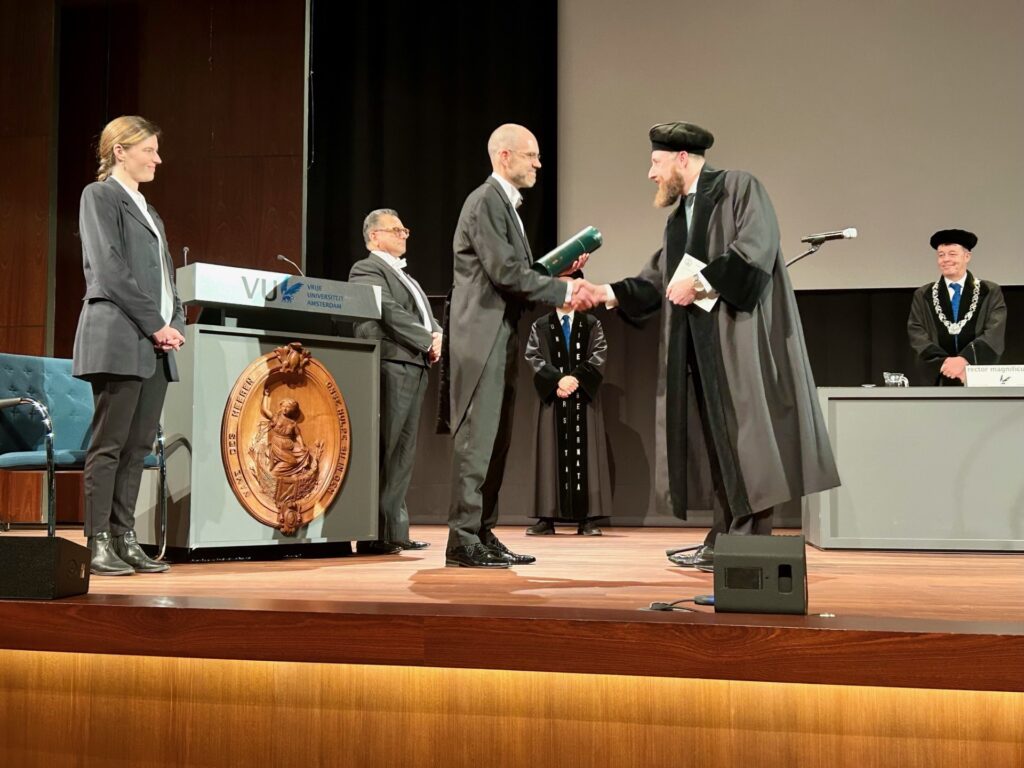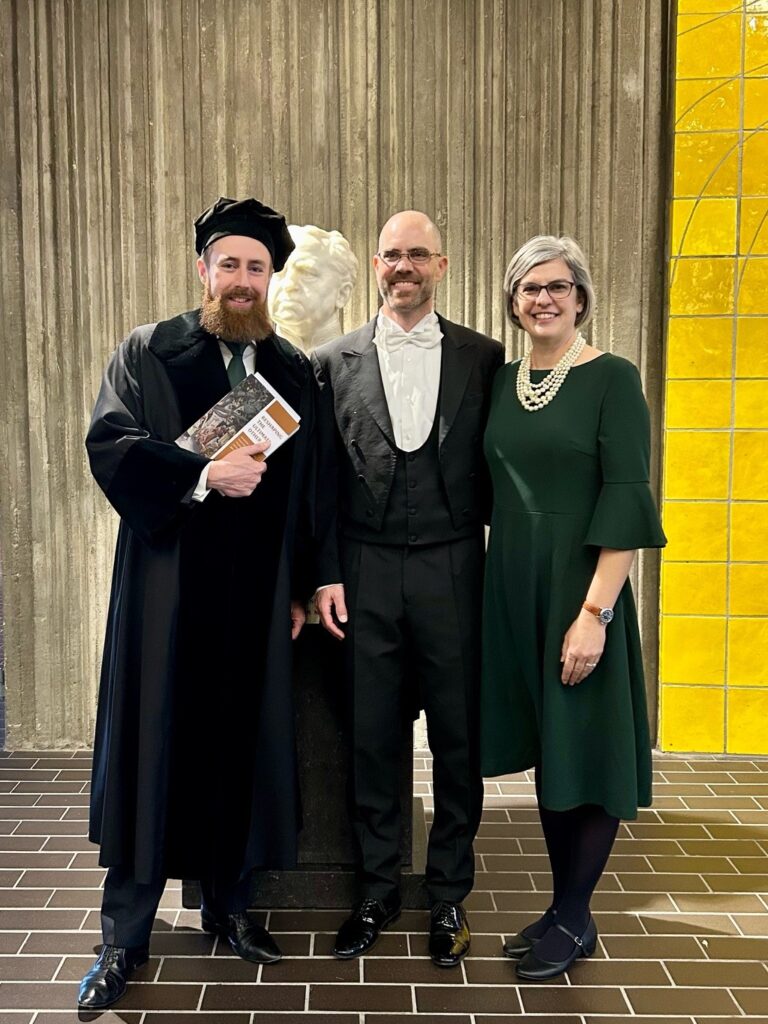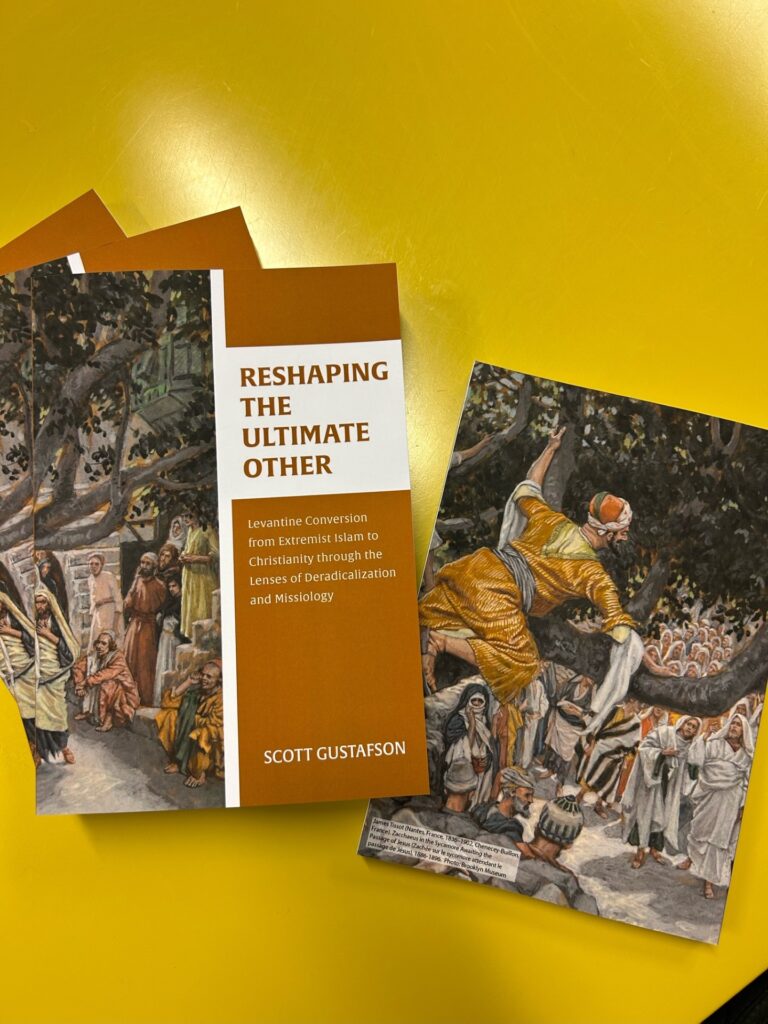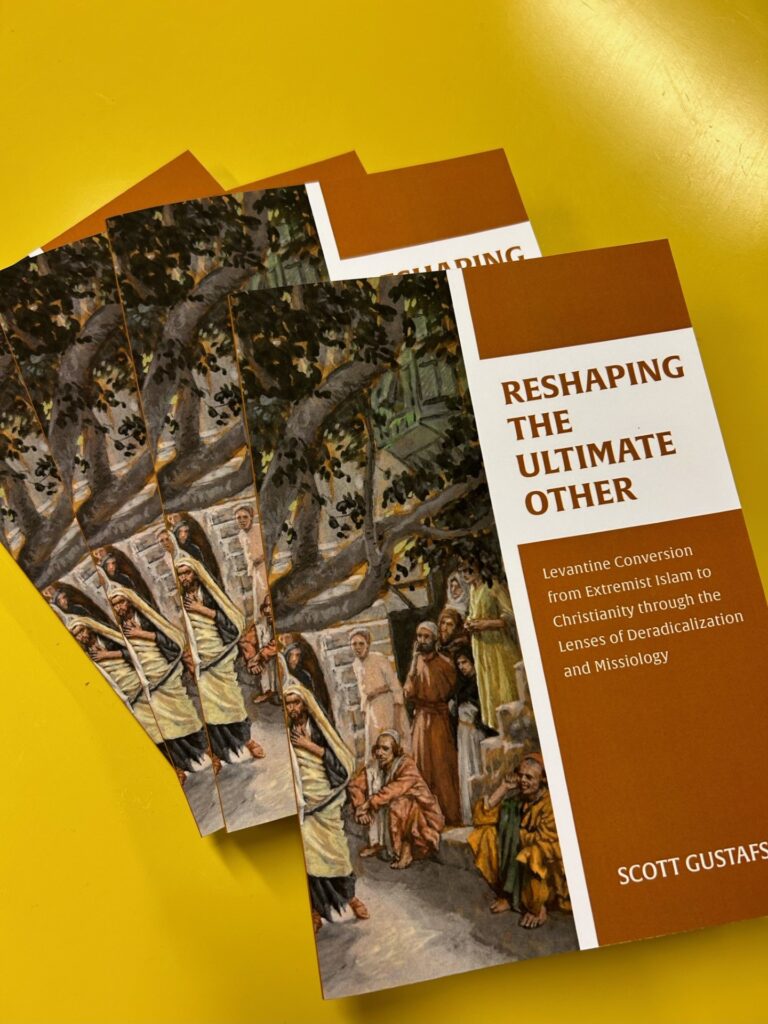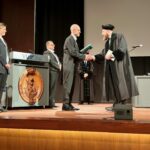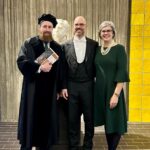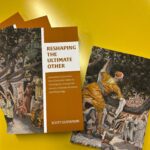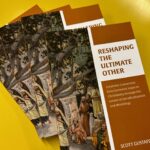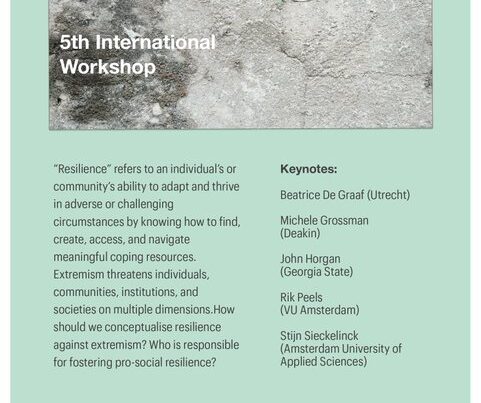December 13th was Scott Gustafsons PhD defense on ‘Reshaping the Ultimate Other: Levantine Conversion from Extremist Islam to Christianity through the Lenses of Deradicalization and Missiology’.
The Dutch newspaper Nederlands Dagblad wrote an article on the results of Gustafsons research: ‘Er is wel degelijk hoop voor het Midden-Oosten, blijkt uit de bekering van duizenden moslimextremisten’.
Abstract
This thesis explores the intersection of the seemingly disparate fields of Christian mission and deradicalization seeking understanding of a recent phenomenon of deradicalization and religious conversion from Islam to Christianity in the Levant. It seeks understanding of the phenomenon through a look at Levantine history and two interdisciplinary fields: Missiology and Countering Violent Extremism (CVE)/Deradicalization. The recent conflicts in Syria and Iraq, and the resulting migration and conversion phenomenon are discussed along with themes that emerge from the stories of individuals on the conversion and deradicalization pathway.
The research employs an ethnographic, life-story approach. Interviews were conducted with 52 former extremists and religious workers in the region representing 21 faith communities in the countries of Lebanon, Jordan, Syria and Iraq. Seven primary themes emerge which are: 1.) precarity, 2.) the supernatural, 3.) movement opposite prevailing power currents, 4.) the mutual transformation of both extremists and clergy 5.) surprising kindness, 6.) love and family belonging and 7.) the strong desire of former extremists to ‘rescue’ others, described as generativity. These themes are viewed through the lenses of missiology and deradicalization and a conversation is posed between the fields with insights proposed for both.
The thesis concludes that the process of change entailed in conversion and deradicalization is very similar and that the aims of deradicalization and mission are compatible and complementary in many ways. Levantine churches through synchronizing the ‘what,’ ‘why’ and ‘how’ of mission and by serving the pragmatic, social and ideological needs of people have been effective at forming ‘contrast communities’ that tell a compelling alternative story to the hostile narratives of extremists. They challenge us to contemplate the power of relationships, love, kindness and belonging to reshape and influence even the enemy ‘other’.
More information on the abstract e.g. can be found at the research portal of the VU.


